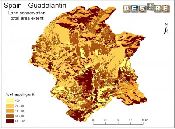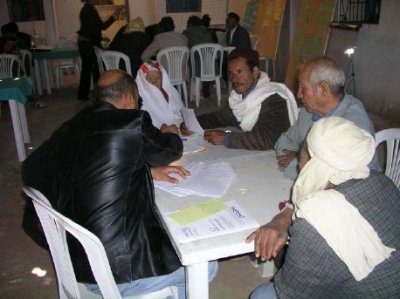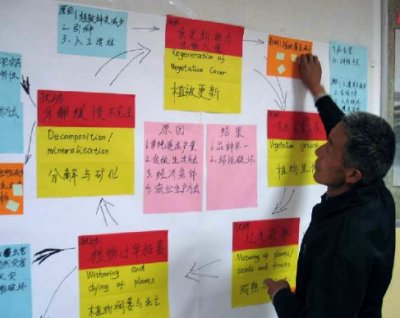| Stakeholder Workshop 2: Guidelines |
 |
|
These guidelines were a working instrument for use in conducting and moderating the DESIRE WB3 Stakeholder Workshop 2. The methodology was developed by the Centre for Development and Environment (CDE). It is based on experiences from the
2. Workshop support material A variety of additional material (Facilitator software, database) is provided to support the workshops and the exercises. These are an essential to the workshop.
|
|||||||||||

Acknowledgement
The DESIRE project was
|
DESIRE brought together the expertise of
26 international research institutes
and non-governmental organisations.
This website does not necessarily
represent the opinion of the
European Commission. The European
Commission is not responsible for
any use that might be made of the
information contained herein. 





